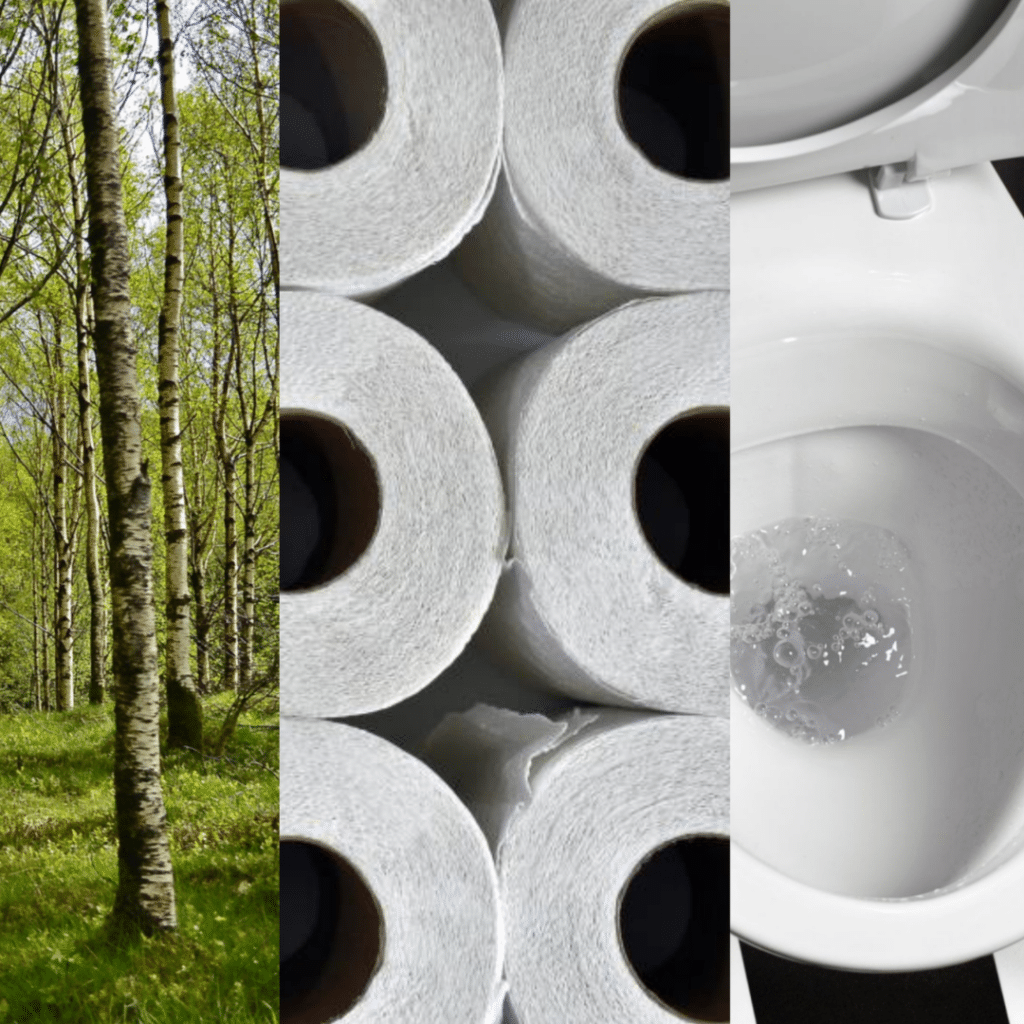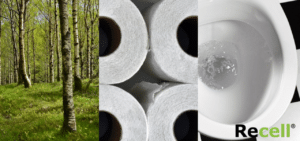As from next year everyone will be flushing CO₂ certificates
Really? Why?!
Who will pay for CO₂ emissions and certificates in the Netherlands? That will be mainly small and medium-sized enterprises, individual tax payers and large industrial companies. According to many researchers in terms of contribution also in that order. Industrial companies that emit more than 25,000 tons of CO₂ and all energy companies are obligated to buy CO₂ certificates via the European Emission Trade System (ETS).
This year, the price for a tonne of CO₂ emission rights has increased substantially. From an average of € 24 per tonne of CO₂ in 2019 and 2020 to about € 61 per tonne at the moment. Due to economic activity and the further reduction of the number of emission allowances, the price is expected to rise even more. The ETS will make a difference. About 135 companies in the Netherlands participate in the ETS. However, small and medium-sized enterprises and business sectors such as transport and agriculture and organizations are not yet part of it. This is missing out on a great opportunity, because all in all it concerns about 60% of all CO₂ emissions in the Netherlands. Furthermore these are emissions that result in gases that are even more damaging. For example methane in agriculture.
Huge CO₂ hole
So it’s about a huge amount of CO₂ emissions that has not yet been priced. Most economists agree that pollution pricing is an effective tool. The 60% CO₂ pollution which is not a part of the ETS is an opportunity that we cannot miss out on. Many organizations in the Netherlands share this point of view. To start filling this CO₂ gap, a broad Dutch national initiative has been launched for a national market for CO₂ emissions. About 30 organizations are already affiliated to this.
National Carbon Market and New Market for Priced Emissions
This initiative is called the National Carbon Market (in Dutch abbreviated as NKM). Like the ETS, the NKM works with CO₂ certificates that are priced in a market with buyers and sellers. For the time being this market is voluntary. All organizations and companies that want to reduce their CO₂ emissions can register projects at the National Carbon Market. This means that the NKM is officially the national equivalent of the European ETS.
With these new CO₂ certificates, buyers can demonstrate that they really contribute to reducing the CO₂ gap in the Netherlands. As it concerns precisely calculated tons of CO₂, they can prove how much they indirectly further improve their environmental performance. Or organizations can present their own CO₂-reducing projects. If you buy the CO₂ certificates on the National Carbon Market, you contribute directly to the success of national green projects. As a purchasing party, you can also consciously choose local or regional projects in the vicinity of your organization and therefore your employees.
Avoid double emissions
The NKM recognizes that Recell is extracted from residual flows that have not yet been mined. Recell is therefore valued with extra CO₂ certificates. How does that work? If, for instance, you use Recell’s cellulose as a producer of building materials, chemical intermediates or asphalt, this means that you not only use recycled raw materials, but also prevent the incineration or dumping of cellulose.
The difference between incineration of cellulose and recovery by Recell is valued by the National Carbon Market in terms of tons of CO₂ savings and therefore as CO₂ certificates. These certificates are beneficial for Recell, for the owners of residual flows or for the producers of a wide range of products. Depending on the wishes that exist in Recell’s markets. With internationally recognized LCA software, Recell can calculate exactly how many tons of CO₂ you will achieve by extracting tertiary cellulose.
National Carbon Market and Prices
The purchase and sale of the new CO₂ certificates will start in the course of 2022. Payments will then be made on the National Carbon Market for Recell’s cellulose from residual flows, which will benefit the owners of residual flows and companies that use Recell Cellulose. At Recell, we expect that more and more owners of residual flows will come forward.
If you are a producer that uses tertiary cellulose, you generally save all the CO₂ emissions of the substances you replace. After all, according to the LCA measurement method, Recell Cellulose has an environmental impact of zero or very near zero. The effects of Recell raw materials on your LCA performance can be significant, generating awards and other competitive advantages. Recell can calculate exactly for you what the reduction of the environmental impact of your products will be. We calculate this with the well-known software from Ecochain.
Extracting residual flows
The Recell Group’s R&D department can also investigate how much cellulose is in residual flows and determine under which conditions this raw material is economically recoverable. There is far more possible than many companies might think and persistent waste suddenly becomes a valuable raw material again. It also saves on expensive landfilling or incineration, which also immediately results in savings on expenses. As a company you can therefore suddenly extract cellulose from residual flows, save on waste processing and also receive CO₂ certificates.
Would everyone in the Netherlands flush CO₂ certificates?
But what about the average Dutch person? Everyone would flush CO₂ certificates in 2022, right?! That’s right, the National Carbon Market will come into effect next year and sewage water will now also be a persistent residual flow from which cellulose will be recovered… Thanks to the extraction technology of Cellvation, part of the Recell Group, it is possible to extract cellulose (‘ex-toilet paper’) and as a Dutch citizen we will no longer have to flush cellulose and therefore no more CO₂ certificates. In addition to good quality toilet paper, that should also give you peace of mind!


